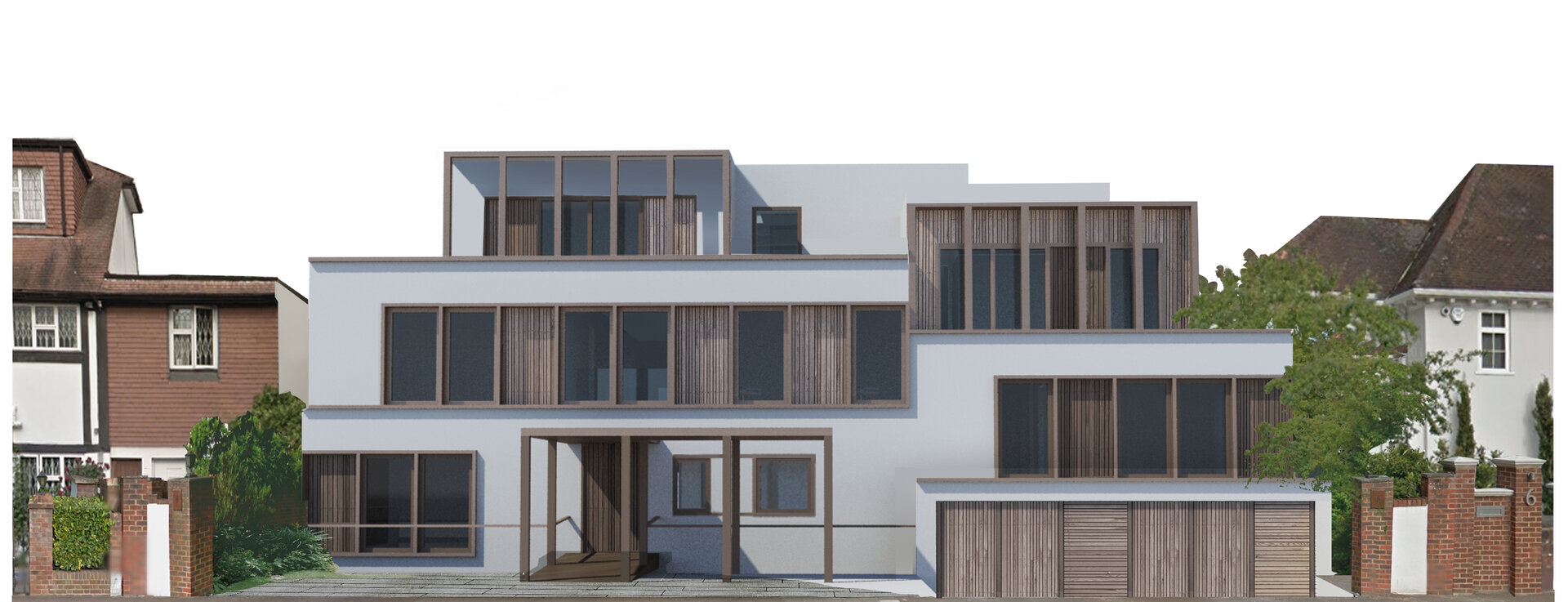Planning committee representations in London
The vast majority of planning applications are dealt with by local planning officers using what are known as delegated powers. This helps the planning application process run smoothly, because most schemes are relatively uncontentious, or at least if they do generate opposition, this is often restricted to the concerns of local neighbours. The majority of planning applications across the country are dealt with by planning officers, with some councils having up to 95% of applications decided through delegated powers. As a general rule, smaller planning schemes are more likely to remain delegated, although this is by no means always the case. Delegated decisions are usually taken more quickly, and they involve much less engagement with the planning officer concerned.
There are two key routes which a planning application might take in order to end up in front of the planning committee. The first route is generally reserved for larger planning schemes, which are designated to go before the committee from the moment they are accepted for consultation. The second route is for a planning application to be brought before the committee because it has a large number of objections from neighbours or other concerned individuals or groups. Every local authority has its own scheme of delegation for determining how many objections are needed in order for a scheme to go to the planning committee. Additionally, a planning scheme can usually be brought before the planning committee if a local councillor or MP raises an objection.
Typically, objections will need to be "unresolved" to go to the planning committee – for example, if an application for change of use to a restaurant leads to concerns about late-night noise, and the opening hours are restricted to 10 pm, then this might be deemed to resolve that objection.
In the event that your planning application is brought before your local planning committee WEA Planning can use their extensive planning experience to support your application and to ensure that any concerns raised by neighbours are suitably covered. Typically, objectors who have registered to speak at the planning committee will have 3 minutes each, and the applicant then has the same amount of time taken up by all of the objectors to respond. William has a successful track record of speaking at planning committees in Richmond and other London boroughs, ensuring that his responses are concise and in line with local development policies
If you are objecting to a local planning application, then WEA Planning can also arrange to speak or write on your behalf, ensuring that valid points of objection raised in accordance with local development policies.
